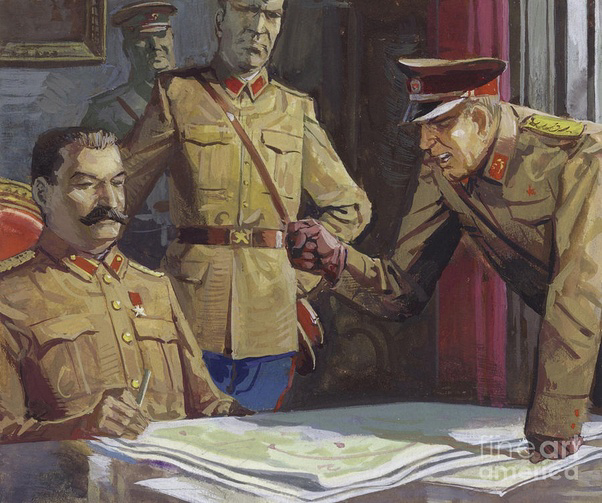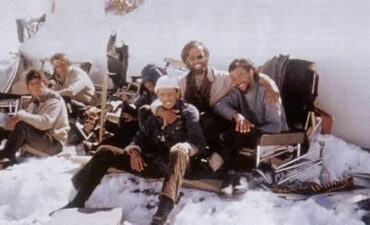What led to Zhukov’s dismissal from the Kremlin? Georgy Zhukov, a prominent Soviet general during World War II, was dismissed from his position of power within the Kremlin in 1957. The reasons behind his dismissal were multifaceted and involved a combination of political, personal, and ideological factors:
Political Rivalry:
Zhukov’s growing influence and popularity among the military and the public made him a potential threat to other Soviet leaders. Nikita Khrushchev, who was the First Secretary of the Communist Party at the time, saw Zhukov as a rival. Khrushchev and others in the leadership were concerned about Zhukov’s power and his potential to challenge their authority.
Military Independence:
Zhukov advocated for greater independence and autonomy for the military, which conflicted with the Communist Party’s principle of absolute control over the armed forces. His push for military reforms and his efforts to reduce the Party’s interference in military affairs alarmed the Party leadership.
Personal Enmity and Suspicion:
There were also personal factors and mutual suspicions between Zhukov and other leaders. Khrushchev, in particular, distrusted Zhukov’s loyalty and was wary of his ambitions. Zhukov’s direct and often blunt manner further alienated him from his political peers.
Ideological Differences:
Zhukov’s pragmatic approach to military and political issues sometimes clashed with the ideological line of the Communist Party. His focus on practical military matters over strict adherence to party doctrine made him a controversial figure within the party leadership.
Historical Precedents:
The Soviet political culture had a history of purges and political repressions. Zhukov’s predecessors and many of his contemporaries had faced similar fates when their influence was perceived as too great or their loyalty was questioned.
In October 1957, at a Central Committee plenum, Khrushchev and his allies accused Zhukov of “Bonapartism” (seeking to establish a personal dictatorship) and of attempting to undermine the Party’s control over the military. As a result, Zhukov was removed from his positions as Minister of Defense and member of the Presidium of the Communist Party, marking the end of his political career in the Soviet Union.










